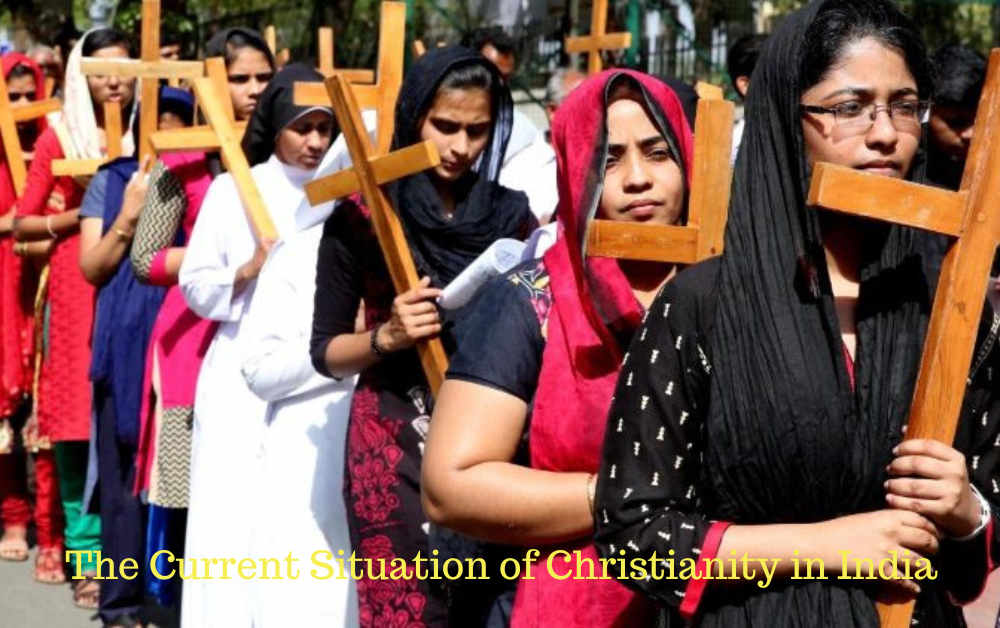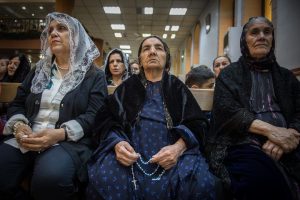The situation of Christianity in India is characterized by a diverse landscape reflecting a rich tapestry of traditions, cultures, and communities. India is home to a significant Christian population, constituting a minority religious group within the country. Several factors contribute to the nuanced state of Christianity in India, including historical legacies, cultural interactions, and contemporary social dynamics.
Demographic Presence:
Christianity has a longstanding history in India, dating back to the arrival of St. Thomas the Apostle in the first century AD. Over the centuries, Christianity has spread across different regions of the country. As of the latest available data, Christians make up around 2-3% of India’s population, with varying concentrations in different states and regions.
Denominational Diversity:
Christianity in India is marked by denominational diversity, encompassing various branches such as Roman Catholicism, Protestantism, Orthodox Christianity, and others. The presence of different Christian denominations contributes to a rich religious mosaic, with worship practices, liturgy, and traditions varying among communities.
Cultural Integration:
Christianity in India has often embraced and integrated with the cultural diversity of the country. In many regions, Christian communities celebrate religious festivals and engage in cultural practices that reflect the local ethos. This cultural integration has led to a unique syncretism, where Christian rituals may incorporate elements of local traditions.
Challenges and Opportunities:
While India is known for its religious pluralism and tolerance, there have been instances of religious tensions and challenges faced by Christian communities. Concerns have been raised about incidents of violence, discrimination, and restrictions on religious freedom. These challenges highlight the need for ongoing dialogue and efforts to promote understanding among different religious communities.
On the positive side, many Christian organizations and individuals in India are actively engaged in social service, education, and healthcare, contributing significantly to the well-being of society. Christian educational institutions, hospitals, and charitable organizations play a crucial role in various communities across the country.
Legal and Constitutional Framework:
India, as a secular nation, upholds the right to freedom of religion as a fundamental right. The Indian Constitution guarantees the freedom to profess, practice, and propagate any religion. However, debates and discussions continue around issues related to religious conversion, anti-conversion laws, and the protection of minority rights.
Interfaith Relations:
Interfaith relations in India are diverse and dynamic. Many Christians actively participate in interfaith dialogues and initiatives aimed at fostering understanding and harmony among different religious communities. The spirit of coexistence and mutual respect is evident in various parts of the country.
Conclusion:
The current situation of Christianity in India is multifaceted, with a complex interplay of historical, cultural, and contemporary factors. While challenges exist, Christian communities in India continue to contribute significantly to the country’s social fabric, emphasizing values of compassion, service, and inclusivity. Ongoing efforts to promote dialogue, understanding, and the protection of religious freedom are essential for fostering a pluralistic society where diverse religious traditions can coexist harmoniously.



Be First to Comment